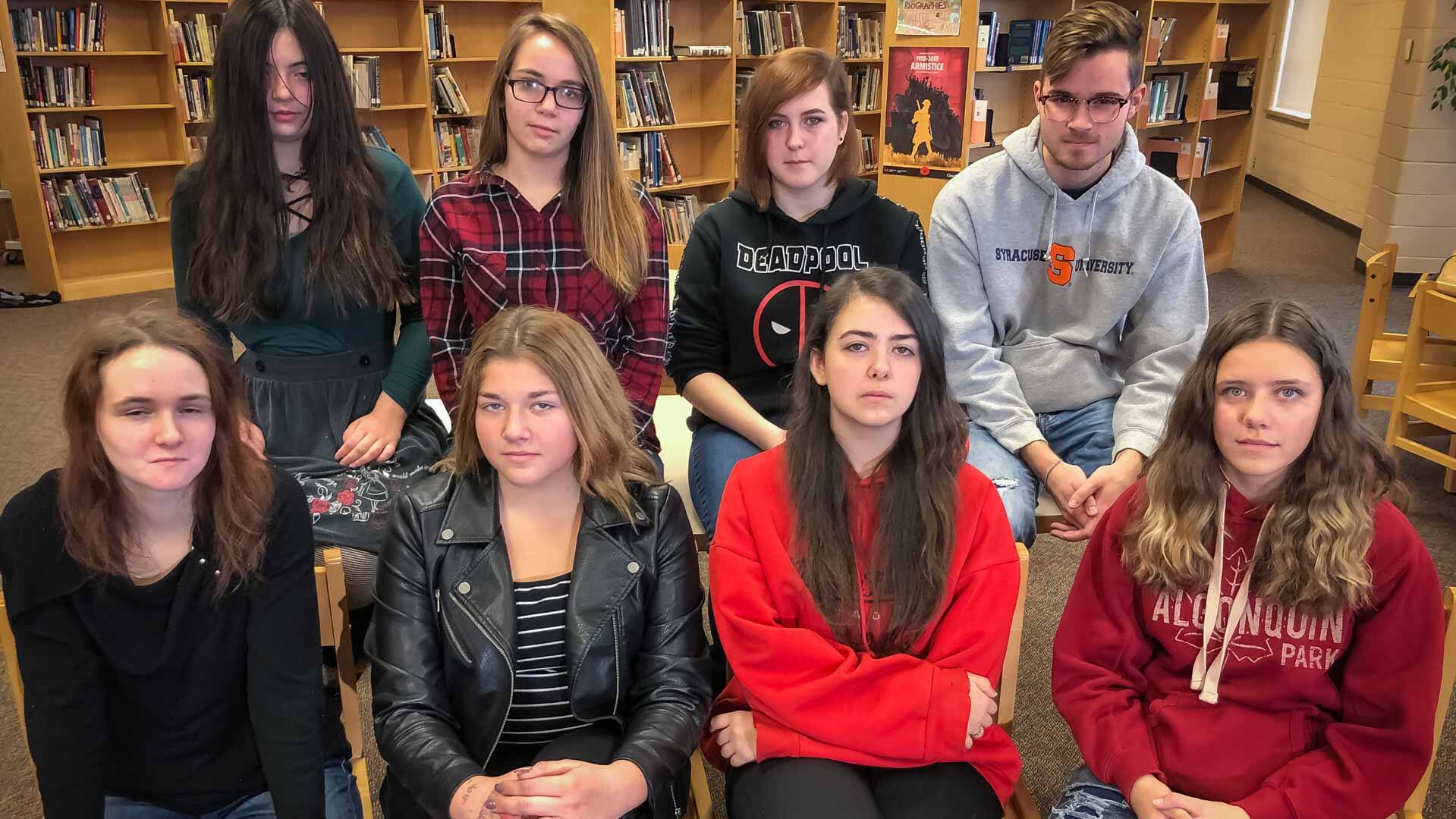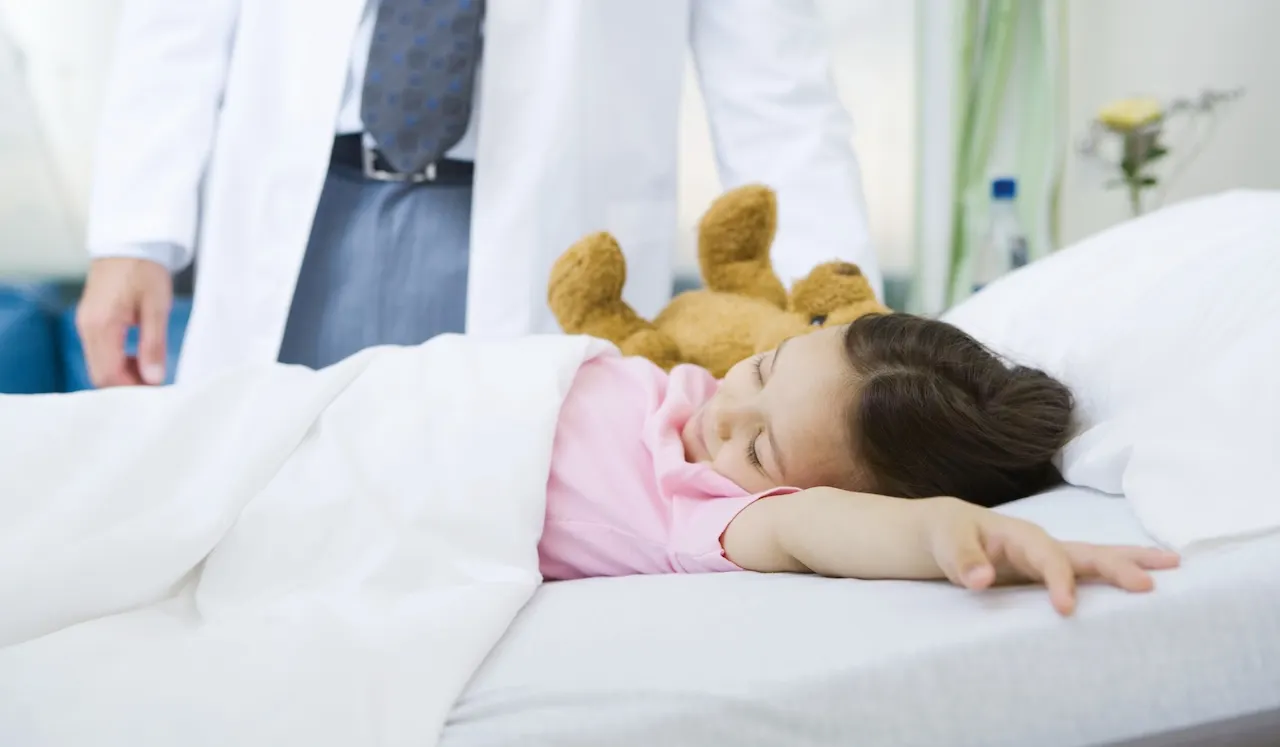Energy drinks can harm teens’ health. Here’s what experts say parents can do

The Dose26:27What do I need to know about teenagers and energy drinks?
Most teenagers have heard about the health risks of smoking, drinking and consuming cannabis.
But there’s another popular — and potentially harmful — product they’re likely hearing less about: energy drinks.
The drinks usually contain high doses of caffeine and sugar, and are popular among teens in large part due to online influencers.
Energy drink sales in Canada jumped from $851 million to $1.1 billion between 2018 and 2022, according to Euromonitor, a market research firm.
Despite their popularity, experts say there are health risks to consuming these drinks, and it’s important for parents and teachers to have open conversations with teens about those risks.
Many teenagers don’t realize how the high doses of caffeine could affect them, Dr. Olivier Drouin told Dr. Brian Goldman, host of CBC’s The Dose.
“Many of them don’t really realize that energy drinks carry some potential negative health effects,” said Drouin, a pediatrician and clinician scientist at the CHU Sainte-Justine in Montreal.
In July, the Canadian Food Inspection Agency recalled more than two dozen energy drink brands due to caffeine content higher than the legal limit of 180 mg per serving in Canada.
How much caffeine is too much?
So how much caffeine is in these drinks? A small 250-millilitre can of Red Bull has 80 milligrams of caffeine, roughly equivalent to a small cup of coffee. A large 355-millilitre can has 114 milligrams.
Children and teens shouldn’t be consuming caffeine at all, said Drouin, adding that he has heard from some teens that they regularly have more than one of the drinks a day.
Health Canada does provide a safe maximum amount of caffeine for kids and teens in a day: 2.5 mg per kg of their body weight, which could range from between 100 to 140 mg.
“That’s a bit of a line in the sand,” said Drouin.
“There’s probably people for whom they will not have symptoms above that and there’s certain people that could have symptoms with this amount.”
What’s the appeal of energy drinks?
Many teens start drinking energy drinks to fit in or because of peer pressure, said Drouin.
But some are sucked in by the advertising claims.
“Many of them feel like they need it either for sport performance or for school performance,” Drouin said.
Research shows the majority of teens don’t get enough sleep, so they may be turning to energy drinks to feel more awake during the school day.
Those drinks in turn make it harder for them to get a good night’s sleep, said Dr. Roger Godbout, head of the sleep laboratory at Rivière-des-Prairies mental health hospital in Montreal.
“They are stuck in this vicious circle and they don’t know how to get away [from] it,” said Godbout, also a clinical psychologist and professor emeritus at the Université de Montreal.
WATCH / What it’s like for teens who don’t sleep enough:
About a third of Canadian kids and adults don’t get enough sleep. For teens, ‘enough’ is generally around eight to ten hours, but many are getting much less. Not getting the suggested hours of sleep has been linked to problems with memory, concentration, motivation and school performance. So what’s keeping teens up later into the night? And what can be done to prevent it?
Many teens experience a social jet lag between school days and weekends, he said, since teens’ natural sleep cycles fall outside of typical school start times.
“The circadian clock runs late in teenagers,” said Godbout, meaning they don’t feel sleepy until later in the evening and have trouble waking up early.
The combination of lack of sleep and energy drinks can be a challenge for teens, said Godbout, and starting conversations about how to get a better night’s sleep, though difficult, is important.
What are the health risks?
Teenagers can experience a range of symptoms from consuming energy drinks, said Drouin, including jitteriness, heart palpitations, increased heart rate and difficulty sleeping.
In his practice, he sees teens who have heartburn, diarrhea or upset stomach, and anxiety due to the drinks.
And it becomes more complex for teens who have other medical issues.
“If you start looking at the effect on children with a pre-existing anxiety problem, then that can definitely create a crisis,” Drouin said.
Kids who are taking medication for ADHD may also react more severely to caffeine, since ADHD drugs are psychostimulants.
“Ritalin and company act similarly to caffeine, and so the problem is that you compound the effects,” said Drouin.
That can include the risk of arrhythmia, or irregular heartbeat.
Teens sometimes combine energy drinks with alcohol, which Drouin called a “worrisome trend.”
Drinking them both together is more likely to cause dehydration, he said.
“It’s not clear which way the arrow goes, whether consumption of alcohol leads to more consumption of energy drinks or the other way around.”
Health Canada requires all caffeinated energy drinks to carry warning labels stating they shouldn’t be mixed with alcohol. It’s illegal to sell caffeinated drinks that have alcohol directly added. Some alcoholic drinks may have ingredients that naturally contain low amounts of caffeine.
How to start the conversation
For parents and caregivers who are concerned about their kids’ use of energy drinks, experts say the best way to approach the topic with them is through a lens of curiosity, rather than a lecture or an outright ban on the drinks.
“When we use control it’s going to either invite full rebellion or sneaky behaviour,” said Alyson Schafer, a family counsellor and parenting expert in Toronto.
The conversation can be similar whether it’s about energy drinks, drugs, or any other substance, she said.
“You want to be an agent of influence; influence their behaviours — because kids will decide for themselves.”
Instead of laying down the law, both Schafer and Drouin suggest asking your teen what they’ve heard about energy drinks, why they drink them, and how they make them feel.
“Genuine listening, I think, goes a long way when talking to teenagers,” said Drouin.

The goal is to have an ongoing conversation about it over time, he said.
It’s OK to share what you notice about your teens’ behaviour when they consume the drinks, including that it worries you, said Schafer.
You can also share information with them, such as articles and studies.
“I would rather forward them a link and have it come from a third-party source than to come from me. But I might say, ‘Hey, I just read this article; this is interesting,'” Schafer said.
Drouin and Schafer agree that if you bring up the marketing and influencer angle of these drinks, that could work with some teens.
“Mentioning that they’re being manipulated, they’re being lied to by those companies that seek to profit from them, that can also be helpful in terms of at least inserting a little doubt into the claims,” said Drouin.
Beyond a recall
There is proposed legislation before the House of Commons that would restrict the advertising of certain foods and drinks to children under 13, but for now, it’s easy for teens to buy energy drinks.
The recent recall should be a chance to talk more broadly about the role energy drinks have, said Drouin — “how we should regulate them, how they should be marketed, how they should be sold, especially to teenagers.”
Canada could make it illegal to sell the drinks to minors, add warning labels to packaging, and lower the maximum allowable amount of caffeine per drink, Drouin said.
“It’s time to reassess the entire landscape now, and not 10 years from now.”




